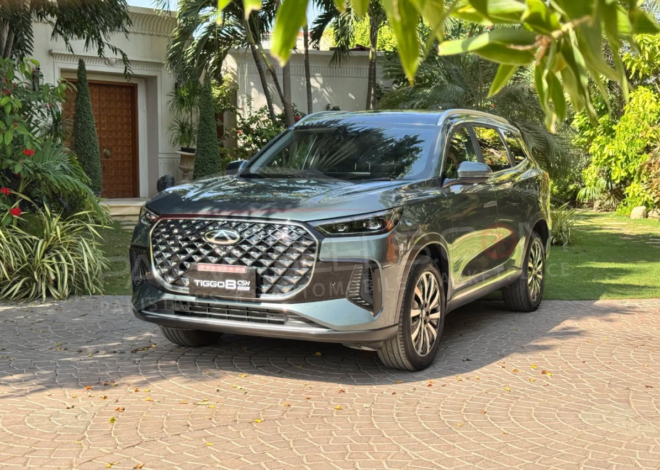
Trump Signs Landmark 2025 ‘Take It Down Act’ to Combat AI-Generated Harassment
On May 19, 2025, President Donald Trump signed the “Take It Down Act” into law, marking a significant step in addressing the growing issue of AI-generated harassment online. The legislation criminalizes the distribution of non-consensual intimate imagery (NCII), including deepfake pornography, and mandates swift removal of such content from online platforms.
A Bipartisan Effort
The Take It Down Act received overwhelming bipartisan support in Congress, passing the House of Representatives with a 409–2 vote and the Senate unanimously. The bill was introduced by Senator Ted Cruz (R-TX) and co-sponsored by Senator Amy Klobuchar (D-MN) in January 2025. Notably, First Lady Melania Trump played a pivotal role in lobbying for the bill’s passage, reflecting her continued advocacy for digital safety and children’s well-being. She joined the President Trump at the White House Rose Garden for the signing ceremony, making her the first First Lady to co-sign a bill alongside a sitting president.
Key Provisions of the Act
The Take It Down Act establishes several critical measures to combat AI-generated harassment:
- Criminalization of NCII Distribution: The law makes it a federal crime to knowingly publish or threaten to publish intimate images without consent, including AI-generated deepfakes. Violators face penalties of up to three years in prison and fines.
- Mandatory Content Removal: Online platforms are required to remove flagged NCII content within 48 hours of notification from the victim. The Federal Trade Commission (FTC) is tasked with overseeing enforcement.
- Protection of Victims: The law allows victims to report NCII without fear of legal repercussions, ensuring that good-faith disclosures are protected. It also provides a civil cause of action for victims to seek damages.
Implications for Online Platforms
The legislation places significant responsibility on social media companies and other online platforms to proactively monitor and remove NCII. Failure to comply with the 48-hour removal mandate can result in legal consequences. While major tech companies like Meta and Snapchat have expressed support for the bill, some civil liberties groups have raised concerns about potential overreach and the impact on free speech. Critics argue that the law’s broad language could lead to unintended censorship and misuse.
A Step Toward Digital Safety by Trump
The enactment of the Take It Down Act represents a significant federal initiative to protect individuals from the harms of AI-generated harassment. It aligns with First Lady Melania Trump’s “Be Best” campaign, which focuses on promoting children’s safety and well-being in the digital age. While the law has garnered praise for its intent to safeguard victims, its implementation and potential legal challenges will be closely monitored in the coming months.







